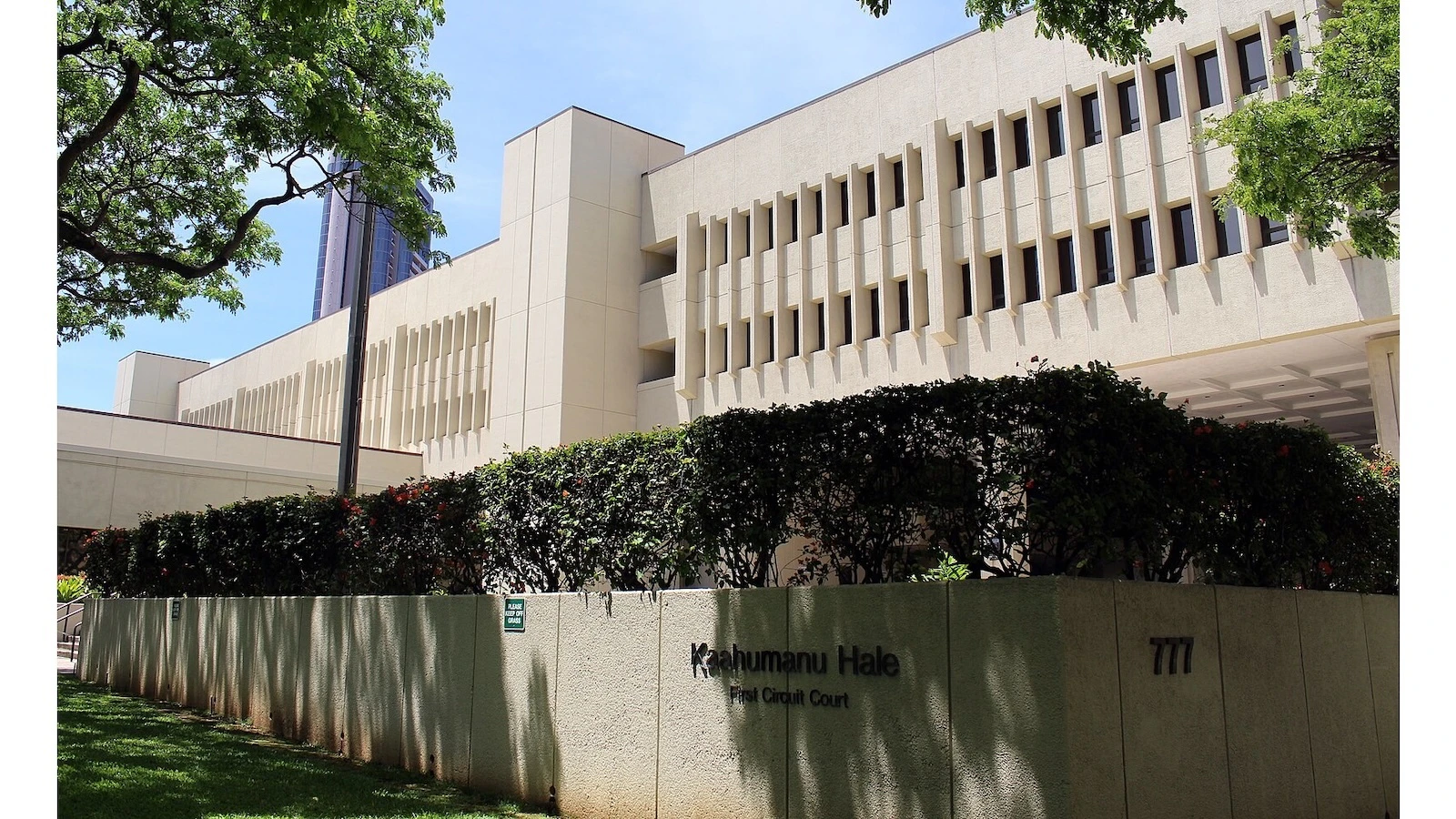A decades-long legal battle between Dole Fruit Company and a group of Central American citizens is back in Hawai‘i court.
In 1997, five men from Costa Rica, Guatemala, Panama and Ecuador sued Dole and several other companies — including Dow Chemical Company, Shell Oil Company, Del Monte Fresh Produce and others — over their use of the pesticide dibromochloropropane (DBCP) in their home countries. After some jurisdictional debate, the case landed in Honolulu Circuit Court.
Nearly 20 years later, that lawsuit is still hotly contested. On Monday, the Hawai‘i Intermediate Court of Appeals sent the case back to Honolulu Circuit Court for another round of hearings.
When the suit was first filed, it was the latest bullet fired in an ongoing war against DBCP and its users. Long-term exposure to the pesticide has been linked to male sterility, and the plaintiffs, all banana plantation workers in their home countries during the 1990s, claimed to have suffered reproductive damage because of the chemical’s use on their plantations.
But the latest action in the lawsuit revolves less around the impacts of chemical pesticides on sperm count than it does a single missed appointment in 2019, when three of the five plaintiffs failed to appear for a hearing in Texas, leading the court to remove them from the case.
According to court records, the plaintiffs were scheduled to appear for medical examinations and a deposition in Houston. When the court had the three no-shows’ testimony struck from the lawsuit, the workers appealed the case to the Hawai‘i Intermediate Court of Appeals.
The Appeals Court found that the Circuit Court struck the three workers from the case too quickly. Most of the defendant companies, it turned out, had agreed to reschedule the depositions to a later date or hold them remotely through video calls.
With this verdict, the ICA has resurrected the plaintiff’s case from the edge of defeat.
According to court records, by 2022 the defendant companies had successfully moved for the court to dismiss all claims against them. But since the Circuit Court’s decision to strike three plaintiffs was found to be in error, any subsequent dismissal of their claims was also, by default, in error.
The case is therefore back in Circuit Court, although no further hearings are currently scheduled.
In the meantime, DBCP is no longer in use in the United States. The Environmental Protection Agency banned the use of the chemical in the U.S. in 1979 — save in Hawai‘i, where it was allowed to be used for pineapples until 1985.
However, residual traces of the chemical have been found to persist in soil and groundwater decades after it was discontinued.
Aloha State Daily reached out to Keith Kiuchi, attorney for the plaintiffs, for comment.
For the latest news of Hawai‘i, sign up here for our free Daily Edition newsletter.




